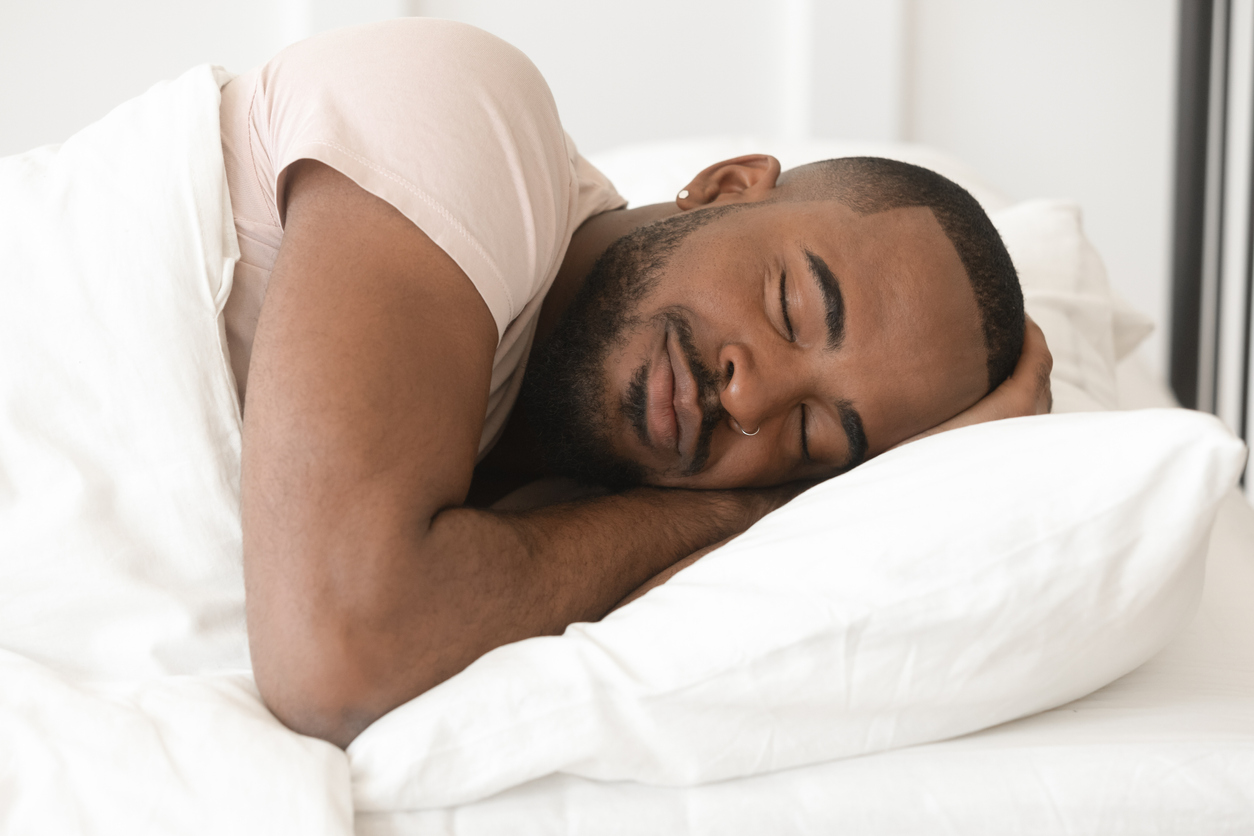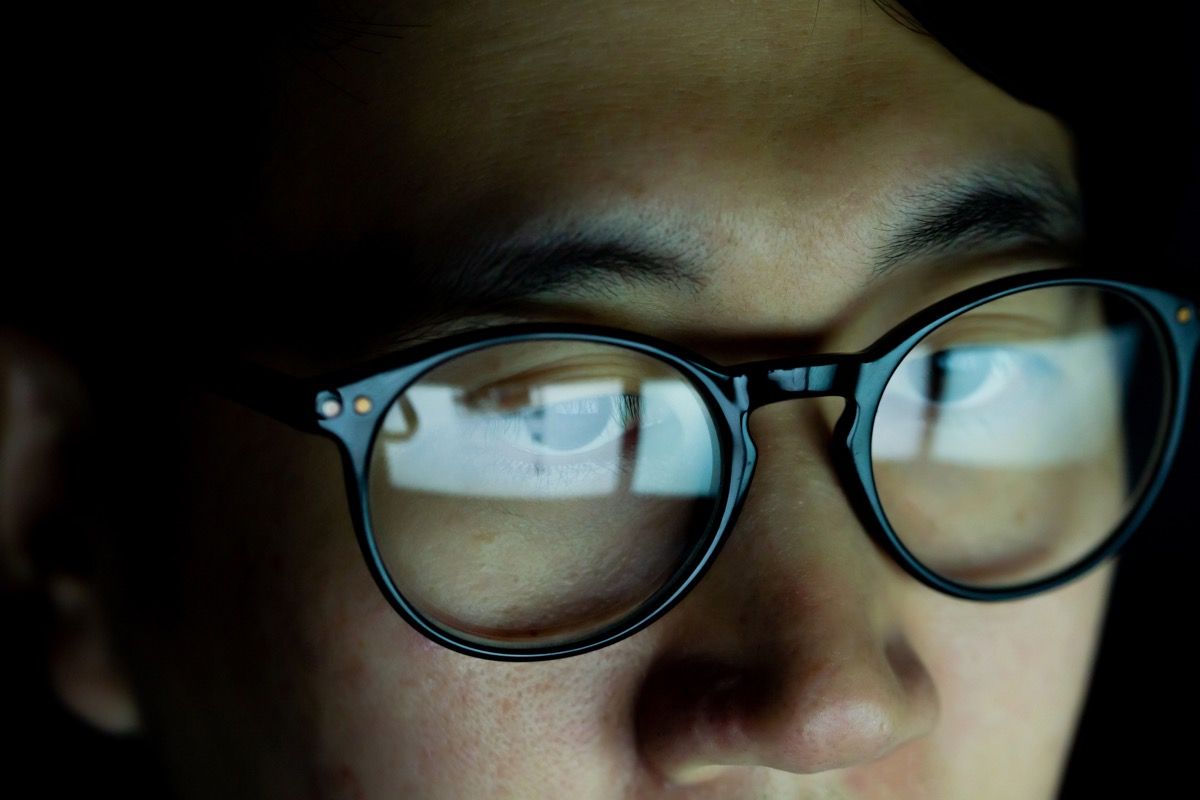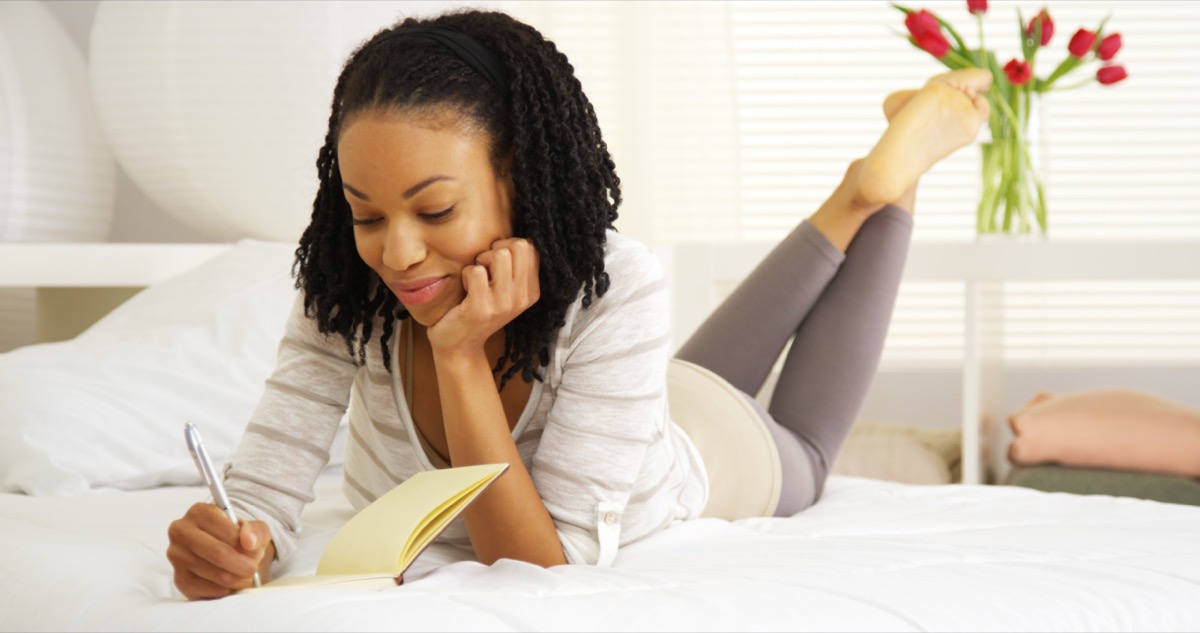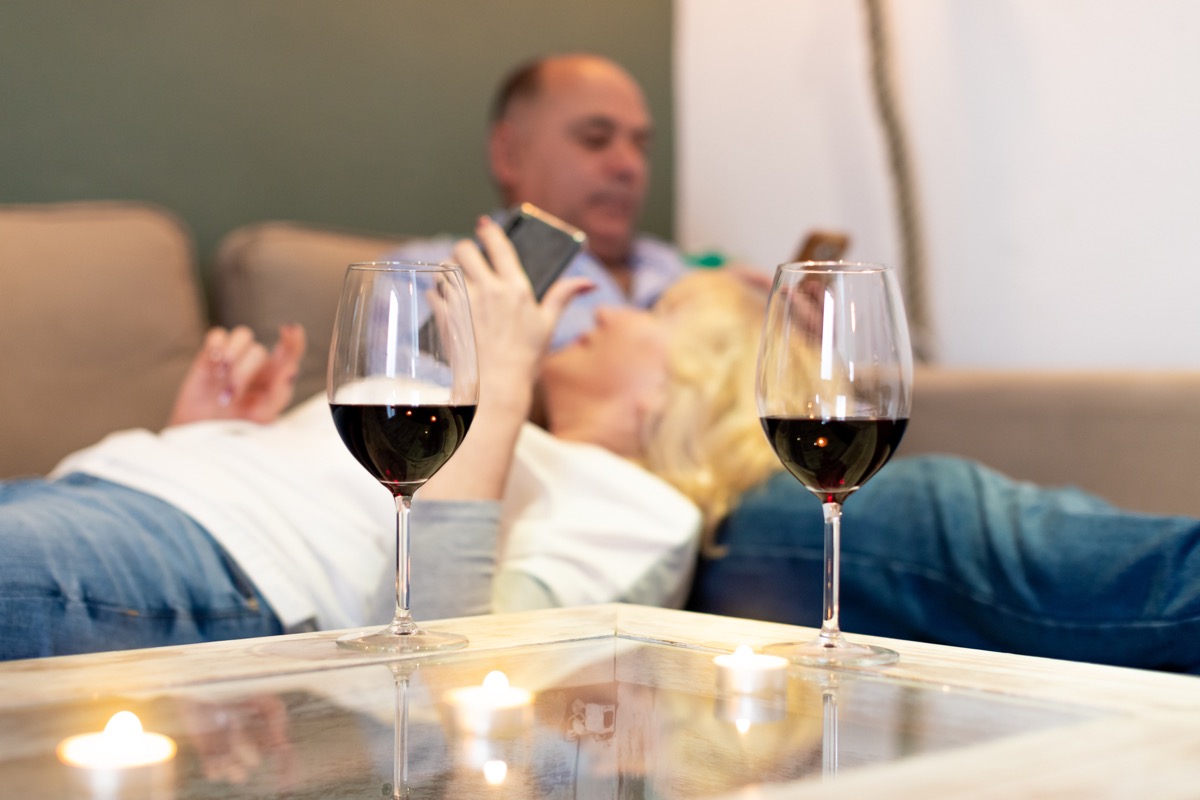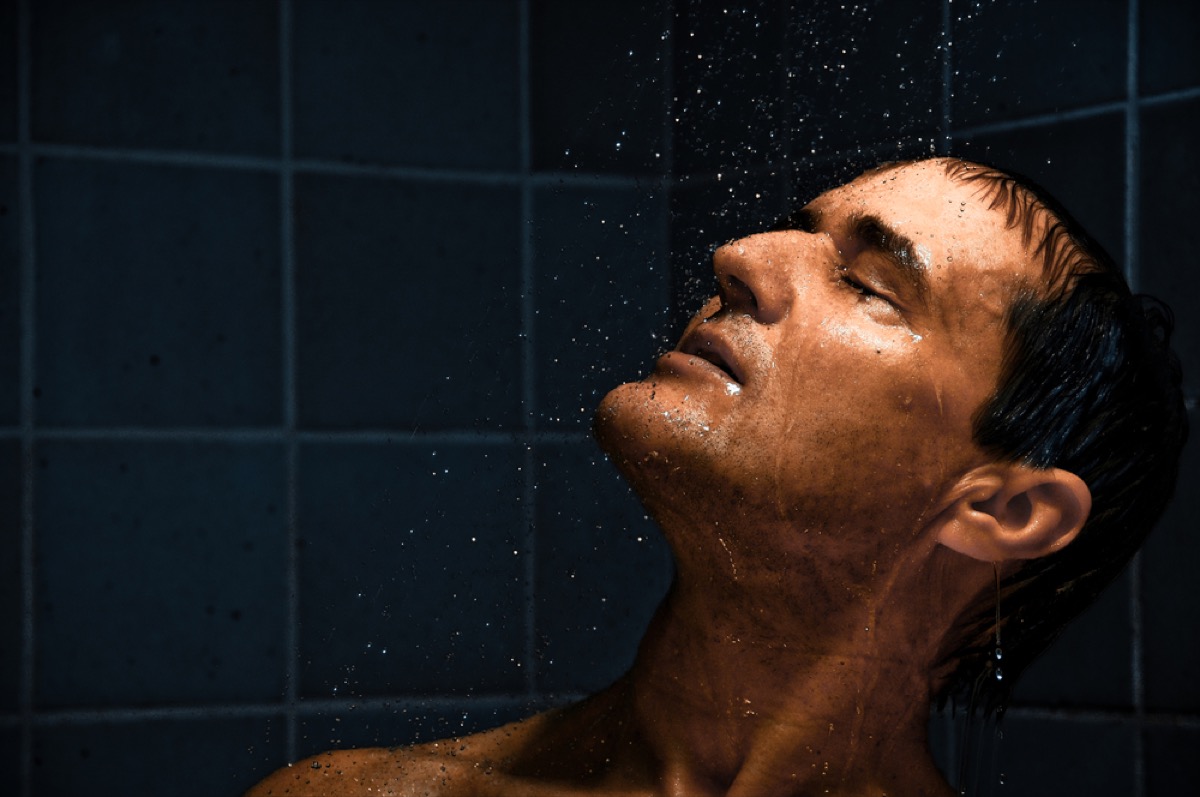The study focused on 12 young heterosexual couples whose sleeping patterns were monitored in a lab with instruments that could measure the depth of the sleep cycle they achieved. The findings showed that while couples who shared a bed were more likely to move their limbs about over the course of the night, they were able to get more high-quality sleep, too. When sleeping with their partner, the participants saw a 10 percent increase in time spent in the rapid eye movement “dream state” than they did on the the nights when they slept alone. The researchers concluded that couples were often able to synchronize their sleep cycles, which can be viewed as a sign of contentment and a deeper connection in a relationship. The increase in sleep then has the added benefit of improving social interactions and decreasing the amount of emotional stress that can be created by grogginess. “One could say that while your body is a bit unrulier when sleeping with somebody, your brain is not,” Henning Johannes Drews, MD, a co-author of the study, said in a statement. And while Drews and the research team admitted that they would like to expand the sample size of results to include more age groups, Drews ultimately concludes that “sleeping with a partner might actually give you an extra boost regarding your mental health, your memory, and creative problem-solving skills.” But just because you’re not coupled up doesn’t mean you can’t doze off easily on your own. Read on for more helpful sleep tips, and for more on what’s normal when it comes to sleep, know that If This Is the First Thing You Do Every Day, Call Your Doctor. Besides making you feel nice and cozy, a weighted blanket can improve your sleep disorder. A Sept. 2020 study published in the Journal of Clinical Sleep Medicine found that using a weighted blanket at night can make you 20 times more likely to completely cure your insomnia compared to those who don’t use one. It’s important to keep in mind when you’re shopping for a weighted blanket that experts recommend getting one that’s at least as heavy as 10 percent of your body weight. It might be hard to jump off social media, but all that pre-bed screen time can make it much harder to fall asleep. Luckily, there’s a way you can get in those last-minute emails without sacrificing a good night’s rest: A July 2020 study published in the Journal of Applied Psychology found that your sleep can be improved by blue-light glasses. Now might be the time to make some space for a day planner on your nightstand. A 2018 study conducted by the National Sleep Foundation found that those who spent five minutes writing out a to-do list of things they needed to accomplish the next day fell asleep significantly faster than subjects who wrote about other topics. Sleep and wellness expert Parinaz Samimi previously told Best Life that while alcohol “may assist in helping an individual fall asleep … it also interferes with what is considered ‘quality’ sleep.” Alcohol causes “REM sleep fragmentation,” shortening or extending the dream state of sleep, which causes a disruption in your overall sleep pattern, AKA your circadian rhythm. It might be a hard habit to break, but if you’re having trouble sleeping, it might be best to skip that post-dinner glass of wine.ae0fcc31ae342fd3a1346ebb1f342fcb Many people use a morning shower to both clean off and wake up. But ironically, experts say that holding off on your daily cleaning ritual can actually help you doze off much faster. Taking a warm 10-minute shower before going to bed instead can help you get rest—plus, you’ll be clean of all the dirt, grime, and bacteria your body accumulated over the course of the day before you bring it into your sheets with you. And speaking of sanitizing your sleep space, This Is How Often You Should Really Be Changing Your Sheets, Experts Say.
